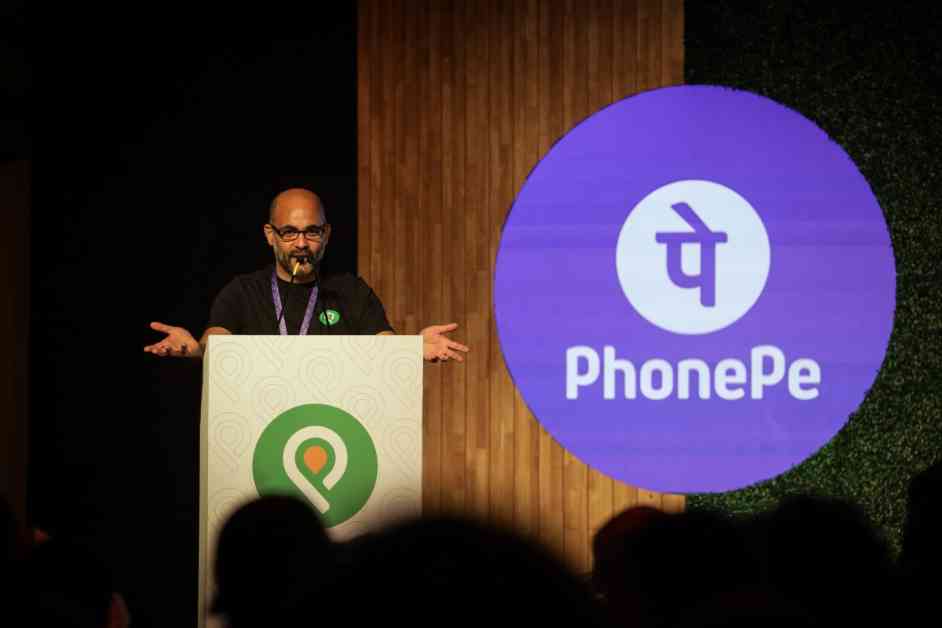India Delays Implementation of Rules to Break PhonePe-Google Pay Duopoly
India has once again delayed the implementation of a crucial plan to limit major technology companies’ dominance over the nation’s digital payments system. The National Payments Corporation of India announced on Tuesday that the deadline for enforcing a 30% cap on any individual app’s share of transactions on the Unified Payments Interface (UPI) has been extended to December 31, 2026. This decision has significant implications for key players like PhonePe and Google Pay, who collectively handle more than 85% of transactions on the UPI network.
Regulatory Uncertainty and Market Share Restrictions
The UPI network, which processes a staggering 13 billion transactions monthly, has been a cornerstone of India’s digital economy since its inception eight years ago. However, the regulatory uncertainty surrounding market share restrictions has posed challenges for the National Payments Corporation of India. Despite extensive discussions with industry leaders, finding a viable solution that doesn’t disrupt the consumer experience has proven elusive.
Impact on Domestic Fintech Players
In a bid to support the growth of domestic fintech players, an Indian parliamentary panel had previously urged the government to encourage alternatives to PhonePe and Google Pay. The proposed market share limits, initially introduced in 2020 and subsequently pushed to 2025, now face another setback with the recent deadline extension to 2026.
The Significance for PhonePe and Google Pay
For PhonePe, which commands nearly half of India’s digital payments market, the extended deadline offers much-needed clarity as the company considers plans for an initial public offering (IPO). The regulatory uncertainties surrounding market share caps had been a significant hurdle for PhonePe’s IPO timeline, underscoring the importance of this recent decision for the company’s future plans.
Unlocking WhatsApp’s Potential
In a related development, India has lifted restrictions on WhatsApp’s mobile payments service, enabling the Meta-owned platform to introduce WhatsApp Pay to its 500 million-plus users in the South Asian market. This move opens up new opportunities for WhatsApp in the digital payments space, further reshaping the competitive landscape in India’s burgeoning fintech sector.
As India navigates the complexities of regulating its digital payments ecosystem, the latest decision to delay market share restrictions underscores the ongoing challenges of balancing innovation, competition, and consumer interests in this dynamic industry. The evolving regulatory landscape will continue to shape the future of digital payments in India, with profound implications for key industry players and the broader fintech ecosystem.
—
Random Humanizing Touch:
As I was researching this article, I couldn’t help but wonder how these regulatory decisions impact everyday Indians who rely on these digital payment platforms for their daily transactions. Have you ever faced a situation where you had to navigate through different payment apps to make a simple purchase? How do you think these regulations will shape the future of digital payments in India? Share your thoughts in the comments below!











